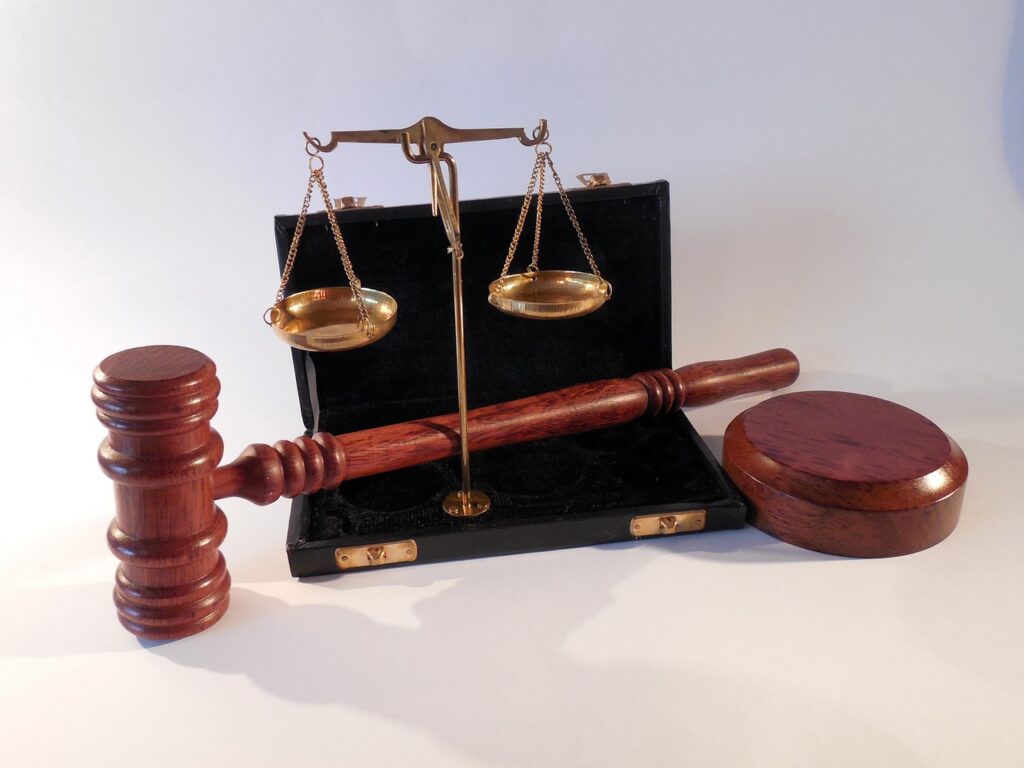
Choose not to judge others. We do not need to!
Matthew 7:1 NASB says, “Do not judge so that you will not be judged.” Showing love and understanding toward others is important rather than passing judgment. We should focus on self-reflection and improving ourselves instead of criticizing or condemning others.
Judging
Judging others involves forming opinions or making critical assessments about them, often based on limited information or personal biases. It can involve looking down on someone, condemning them, or assuming negative things about their character without truly understanding their circumstances. John 7:24 says, “Do not judge according to appearance but with righteous judgment.” This verse encourages us to make fair and just judgments based on truth and righteousness rather than superficial or biased views. It’s a reminder to treat others with compassion and understanding rather than harshly evaluating them.
Righteous Judgment
Righteous judgment involves assessing situations or people with fairness, wisdom, and grace. It’s about making decisions based on God’s love, justice, and truth principles. Proverbs 2:9 says, “Then you will understand what is right and just and fair—every good path.” When we seek to understand others’ perspectives, show empathy, and consider all aspects of a situation without bias or prejudice, we can make judgments that align with God’s will. It’s important to approach every situation with humility and a desire to bring about reconciliation and understanding rather than condemnation.
Bias
Bias refers to a preference or inclination toward a particular perspective or viewpoint, often influencing decision-making or judgment subjectively. It can stem from personal experiences, cultural influences, or unconscious beliefs. Proverbs 18:17 says, “The one who states his case first seems right until the other comes and examines him.”
Prejudice
Prejudice occurs when someone holds a preconceived opinion about a person or group based on stereotypes or limited information rather than experience or knowledge. It leads to unfair treatment. James 2:9 says, “But if you show partiality, you are committing sin and are convicted by the law as transgressors.”
What about Accountability and Criticism?… Later
